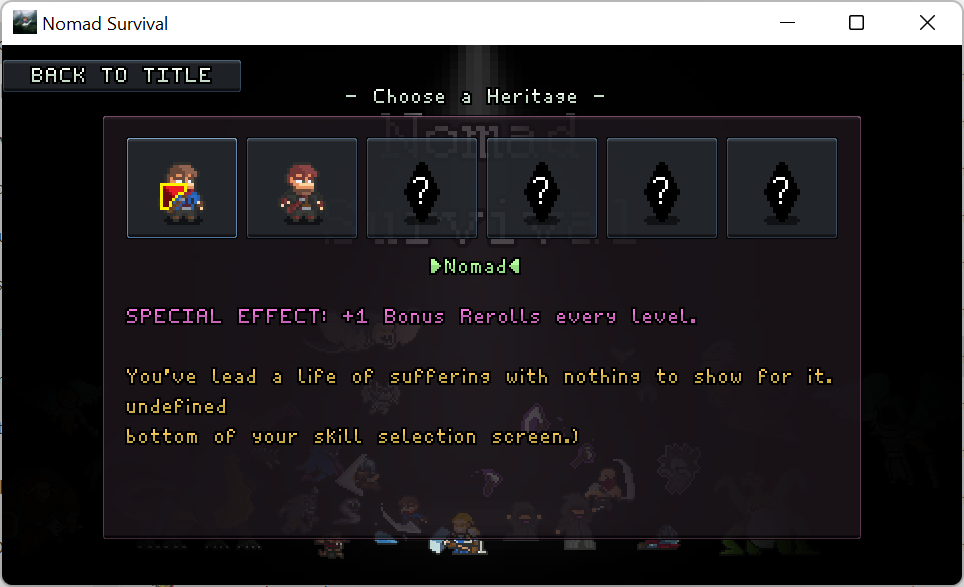
So what kind of person decides to study Japanese because they like languages?
Many types, but one type is the person who loves languages and wants to be the best they can be at everything they do. (Self-insert? You tell me.)
And that person comes to Japanese, and for the first six months or so in the average structured class, doesn’t think it’s so bad. “Hiragana? Psssh. Simple. Katakana? Weird shaped hiragana. Easy. Everything is just something something desu!”
But then things start creeping in. Causative form. Passive form. Potential form. Causative-passive?
Japanese verbs are easy, though. The most regular conjugation patterns ever.
But then the non-baby kanji. Even the simple ones, when you look up their pronunciations: 生!おれはあなたを見ってるよ!
And then, something that only got introduced into the structured course consciousness after Dogen pointed it out was pitch accent! “Japanese is a flat language, unlike Chinese.” Well, you lying marketers got half of that right.
I appreciate how important Japanese pitch accent is if I want to sound 100% native fluent. But you know what? I don’t want to spend that amount of time. I no longer want to be perfect. Like Cure Dolly said, I’m going to be happy with having a charming Canadian accent with my spoken Japanese.
If you want to spend the time doing it, then Gobbless. More power to you. But man…that is a level of time commitment that I cannot handle at this point in my life.
And you shouldn’t feel guilty if, like me, you decide not to make pitch accent studying a part of your Japanese language learning adventure.